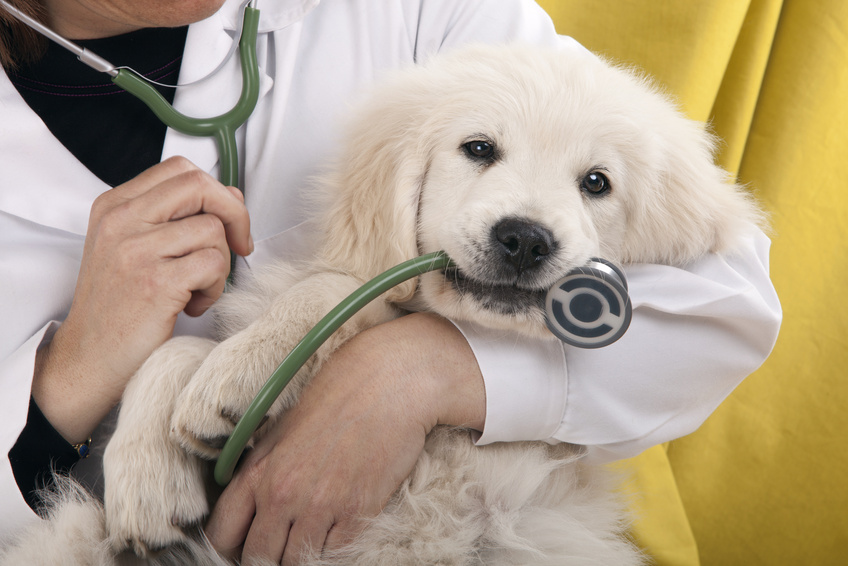Two Telltale Signs Pet Need Urgent Care

Local veterinarians recommend bringing in pets at least once a year for an annual checkup. Things come up -- pets get sick, emergencies happen -- and that means dog owners end up at a low cost vet an average of 2.6 times per year; cats have fewer accidents, generally averaging just 1.6 visits annually.
What do the numbers look like for emergency animal hospitals? That's when it gets complicated. Even the most well-meaning pet parents can have some difficulty discerning what truly constitutes an emergency. Here are a few times when it can't wait:
Don't Mess Around With Poisoning
Chocolate is poisonous to dogs. Few Americans realize it can be toxic to cats as well. If your cat or dog ingests any amount of chocolate, it is best not to take chances. First, if your pet hasn't eaten every last crumb -- take any remaining chocolate away from them. Second, call an emergency animal hospital or an animal poison control center. Give them as many details as possible, and be prepared to take your furry friend in for an urgent visit.
This Strange Behavior Means Something Is Seriously Wrong
Online veterinarians, veterinarian assistants, and veterinarian hospitals agree: If your pet is engaging in an unusual behavior called "head pressing," it is best to make a trip to the vet or animal hospital ASAP. If a dog or cat is repeatedly pushing his or her head up against a wall, with constant pressure, it may indicate neurological damage, nerve damage, or illness. Of course, this is not the same as head butting (typically to indicate affection) or marking their territory. Yes, cats will rub their heads against books, chairs, or legs to rub it with their scent; if they are constantly moving and rubbing their head all over, that's fine. If your pet is staying completely still with their head up against the wall, it's a problem.
Do what's best for your pet. Know how to recognize an urgent situation. Immediately address any possible poisoning, and take pets to the vet ASAP if they are exhibiting "head pressing" and other telltale symptoms.


 See a Vet
See a Vet
 Book a Hotel Stay
Book a Hotel Stay
 Book a Spa Date
Book a Spa Date
 Fill a Prescription
Fill a Prescription